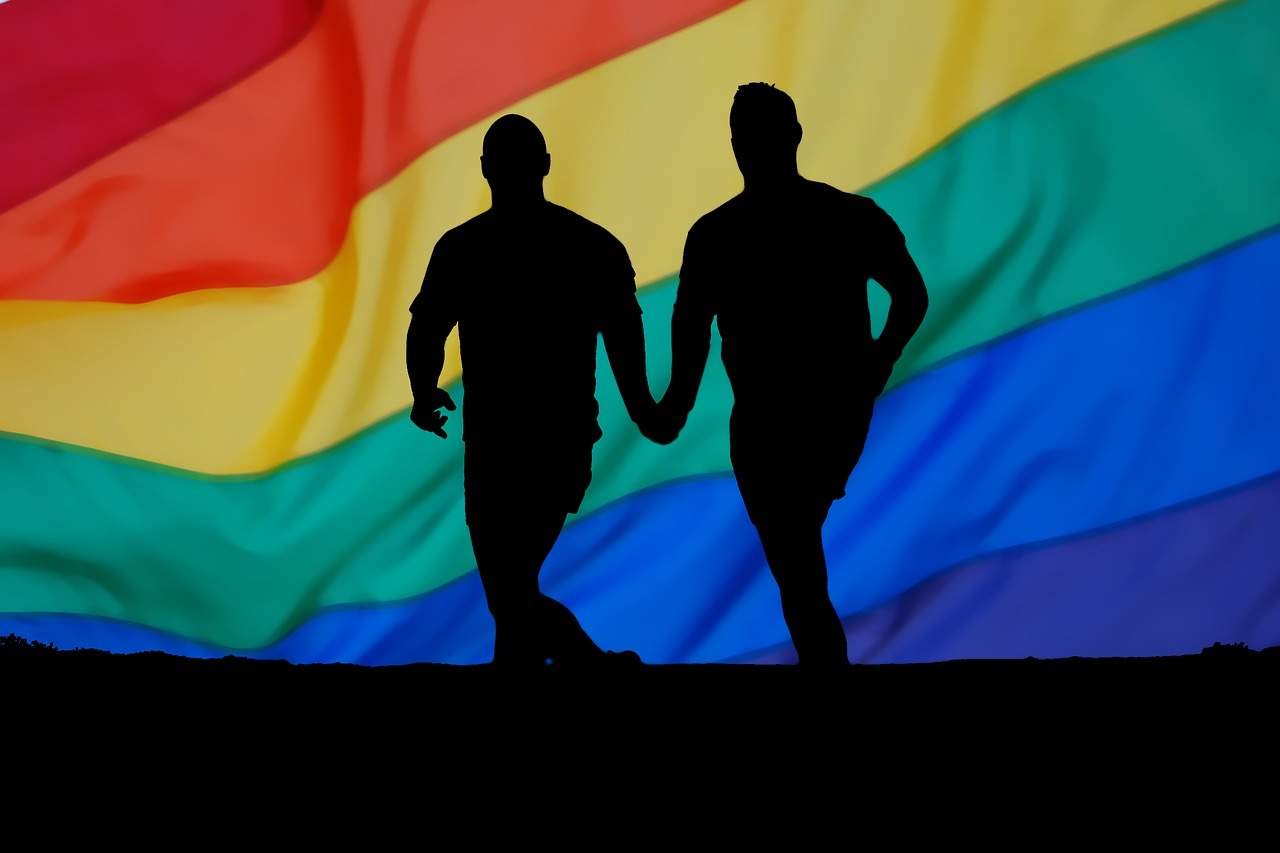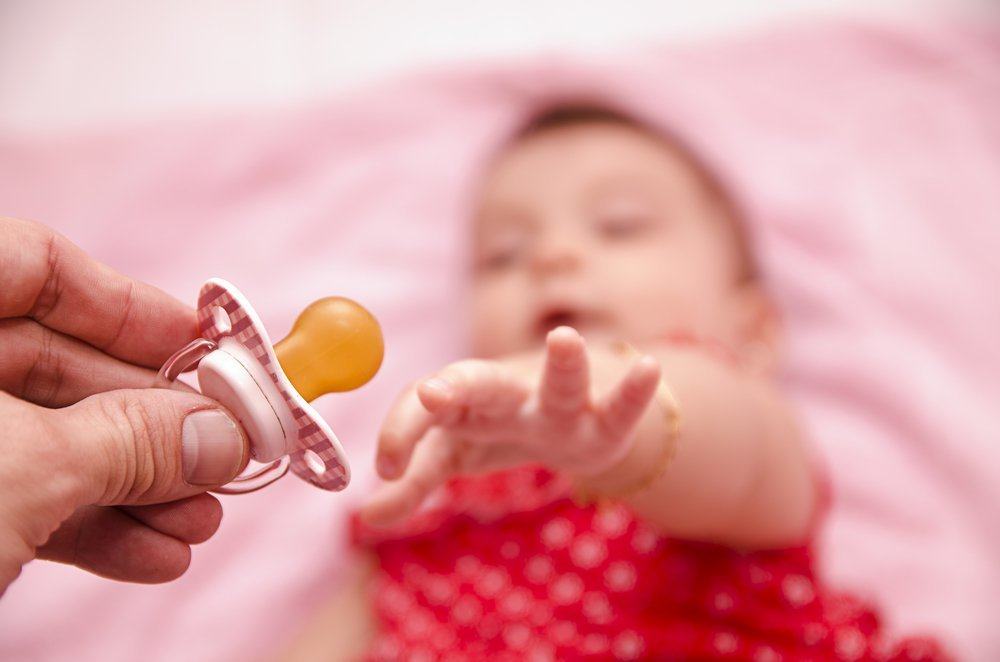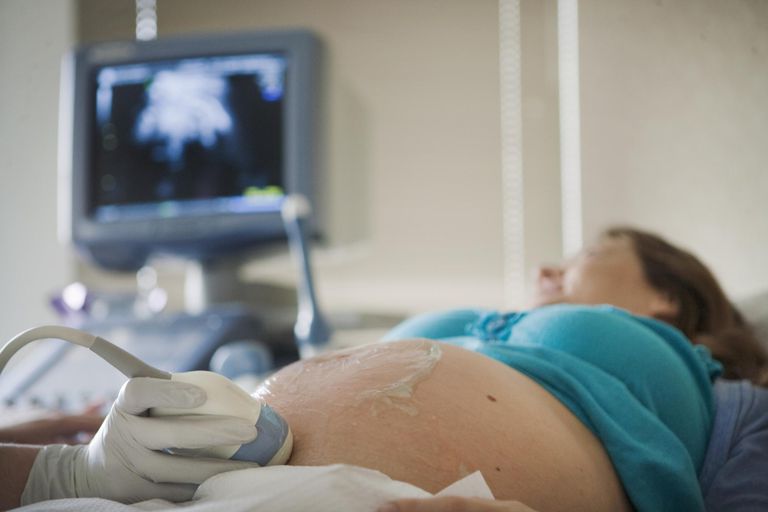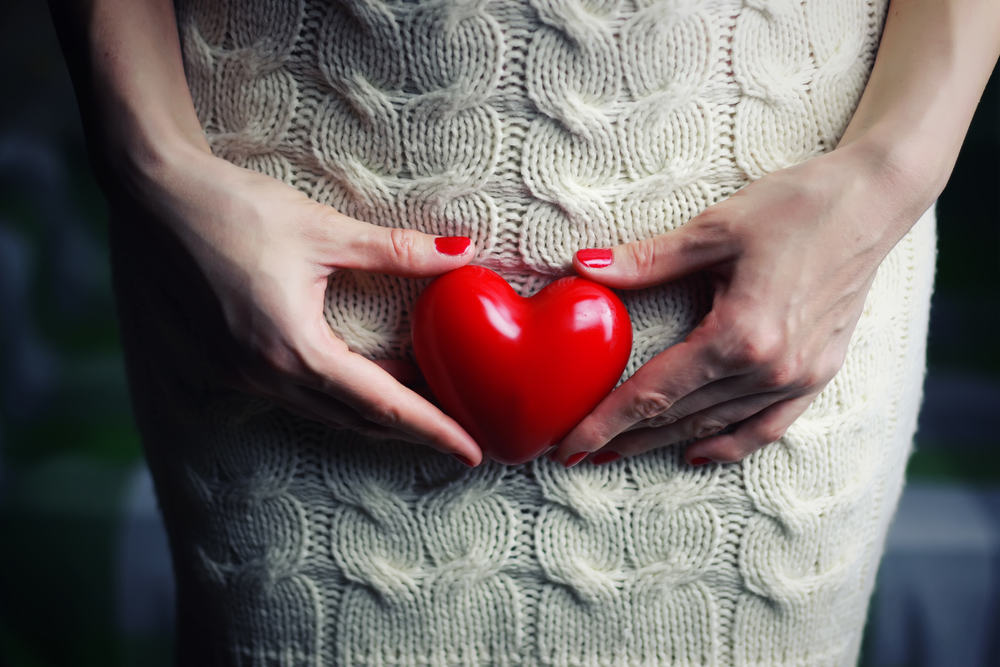Contents:
- Medical Video: Transmission of HIV | Infectious diseases | NCLEX-RN | Khan Academy
- What is the relationship between HIV and same-sex sex?
- Reasons for gay couples at risk of HIV
- The risk of HIV transmission through anal sex
- Free sex without contraception
- Don't check yourself out
Medical Video: Transmission of HIV | Infectious diseases | NCLEX-RN | Khan Academy
Worldwide, the number of HIV cases in gay men continues to increase. At first, many cases were found in developed countries such as the United States in the 1980s. Currently HIV cases in gay coupleshas declined in developed countries, but is beginning to spread in developing countries in Africa, South Asia, and Southeast Asia, including Indonesia
What is the relationship between HIV and same-sex sex?
HIV or the Human Immunodeficiency Virus is a virus that attacks the immune system. Because it is retrovirus, HIV can multiply and multiply in the cells of the human body that has it. This virus has been recognized since the 1950s and until now there is no drug that can stop this virus infection. Treatment given to patients can only be sought to improve quality of life and relieve symptoms of HIV.
Not infrequently this virus is associated with sexually transmitted diseases because of its similar spread. HIV and sexually transmitted diseases can both be transmitted through sexual intercourse without contraception and / or with a partner who is in exchange. This means both partners gay and heterosexual (different types) are both at risk of getting HIV. To understand why same-sex sex is more at risk of HIV, consider the following reasons.
Reasons for gay couples at risk of HIV
There are several reasons that cause a high risk of HIV in sex gay. These reasons are very diverse and complex, ranging from biological, lifestyle, and social factors. That is why prevention of HIV cases in couples gay it is still difficult to encourage.
The risk of HIV transmission through anal sex
Anal sex is a common choice for couples gay, although there are also many different types of couples who practice anal sex. A study published in the International Journal of Epidemiology revealed that the risk of HIV transmission through anal sex was 18% greater than vaginal penetration. Because the natural tissues and lubricants in the anus and vagina are very different. The vagina has many layers that can resist viral infections, while the anus has only one thin layer. In addition, the anus also does not produce natural lubricants such as the vagina so the possibility of injury or abrasions when anal penetration is done is higher. It is this wound that can spread HIV infection.
HIV infection can also occur if there is contact with rectal fluid in the anus. Rectal fluid is very rich in immune cells, so the HIV virus easily replicates or multiplies itself. Rectal fluid is also a hotbed for HIV. So, if the partner who penetrates has HIV positive, this virus will quickly move to their partner through rectal fluid in the anus. Unlike the vagina, the anus does not have a natural cleansing system so prevention of viral infections is more difficult for the body to do.
Free sex without contraception
Usually same-sex, transgender and bisexual (LGBT) people are in a social circle and a narrower community of heterosexuals. This is because LGBT people have not been fully accepted by the community, so the number is also less than heterosexual. Members of various LGBT communities, especially in certain regions, have very close networks and relationships. As a result, if one is gay changing sexual partners, usually he will also choose a partner from the same community. This is what causes HIV transmission to be more prevalent in cases of same-sex likers gay.
In addition, there are still many partners gay who have sex without a safety device, such as a condom. As explained earlier, anal sex is more at risk of transmitting HIV. Of course this will become increasingly dangerous if anal sex is done without condoms. HIV transmission due to free sex is actually very preventable by practicing safe sex and not changing partners. In fact, according to the Director of Direct Communicable Disease Control of the Ministry of Health, Dr. Sigit Priohutomo, MPH, as reported by the MetroTV News website, the problem is not with whom sex is carried out. It should not be a problem whether sex is done with same-sex or different types because what is important is loyalty and responsible behavior by using contraception.
Don't check yourself out
Because of the social stigma that condemns LGBT people and HIV cases as folk diseases gay, many feel afraid to go to a health facility. In fact, a few days or weeks after being infected with HIV, patients will enter the stage of acute infection where the virus easily spreads. While at this stage of acute infection, usually the symptoms experienced are misunderstood as symptoms of the common cold. With intensive care provided by health workers, infection with this virus can be suppressed. So, delaying treatment and treatment will increasingly make people gay at risk of HIV.
READ ALSO:
- 3 Groups that are at Risk of contracting HIV / AIDS Other than Gay and CSWs
- Can HIV infection through oral sex?
- Do you need to use a condom during oral sex?












